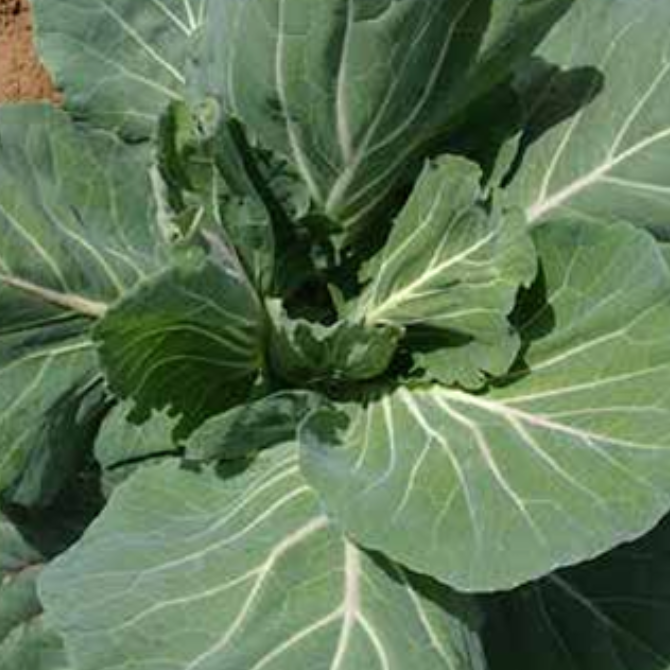Cabbage Tronchuda
Cabbage Tronchuda
Couldn't load pickup availability
Short Summary for Cabbage Tronchuda
Cabbage Tronchuda, also known as Portuguese Kale, is a unique, heat-tolerant cabbage variety with large, round, blue-green leaves and a loose, open-headed growth habit. Unlike traditional cabbage, Tronchuda has thick, tender leaves with a slightly sweet, mild flavor, making it an excellent choice for soups, stews, and sautés. This highly nutritious variety is rich in vitamins A, C, and K and is widely used in Portuguese cuisine, especially in the famous Caldo Verde soup. Cabbage Tronchuda is easy to grow, adaptable to various climates, and produces continuous harvests throughout the season.
Planting Instructions for Cabbage Tronchuda
General Sowing Time: Sow seeds in early spring or late summer for the best growth. Germination occurs best in soil temperatures of 15°C-25°C.
Position: Requires full sun (6-8 hours daily) and well-draining, fertile soil rich in organic matter.
Suitable Space: Ideal for garden beds, raised beds, and containers with enough space for the large, spreading leaves.
Sow Depth: Plant seeds 0.5-1 cm deep, covering lightly with fine soil.
Spacing: Space plants 40-50 cm apart, with rows spaced 50-60 cm apart to allow proper airflow and growth.
Height: Grows up to 40-60 cm tall, with broad, open leaves.
Germination: Seeds typically germinate within 7-14 days in warm soil.
Days to Harvest: Ready for harvesting in 60-90 days. Leaves can be harvested individually for continuous production.
Temperature: Prefers temperatures between 10°C-25°C but is more heat-tolerant than regular cabbage varieties.
Watering: Water regularly, keeping the soil evenly moist but not waterlogged. Mulching helps retain moisture and suppress weeds.
Fertilizing: Apply a nitrogen-rich fertilizer during the early growth stages to promote leafy development. Use balanced fertilizers with phosphorus and potassium as plants mature.
Pests/Diseases: Susceptible to cabbage worms, aphids, and flea beetles. Use row covers and organic pest control methods to protect plants. Practice crop rotation to prevent diseases like clubroot and downy mildew.
By following these planting instructions, Cabbage Tronchuda will produce nutritious, tender leaves that are perfect for a variety of delicious, healthy dishes.
Share


